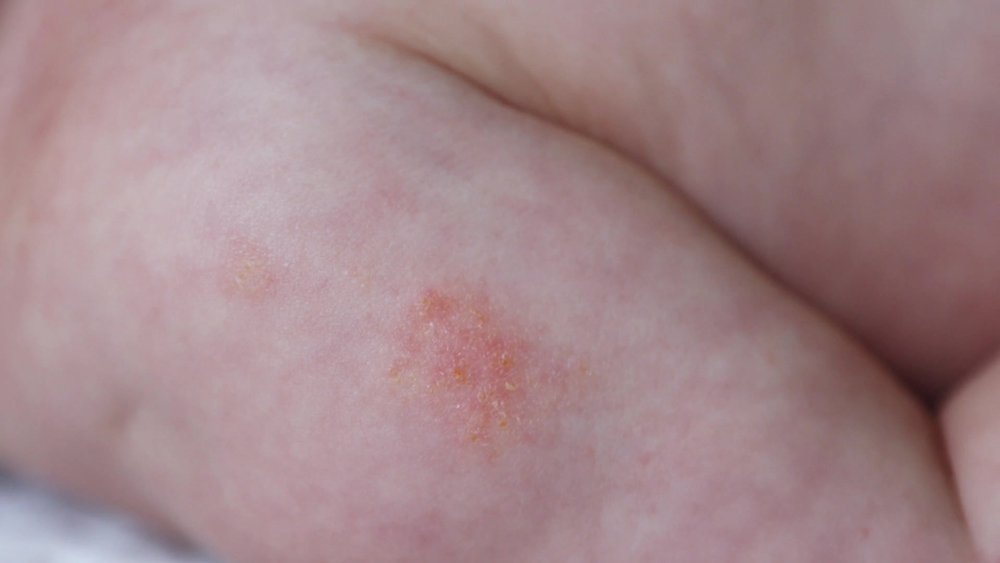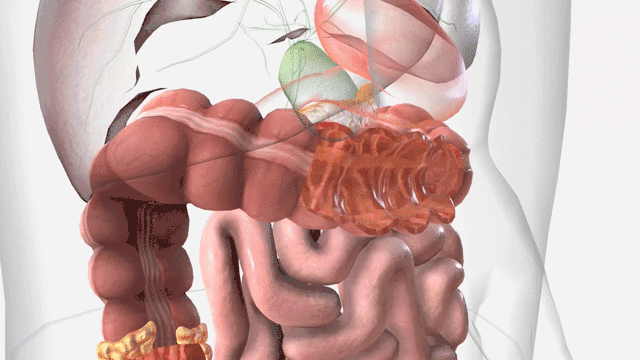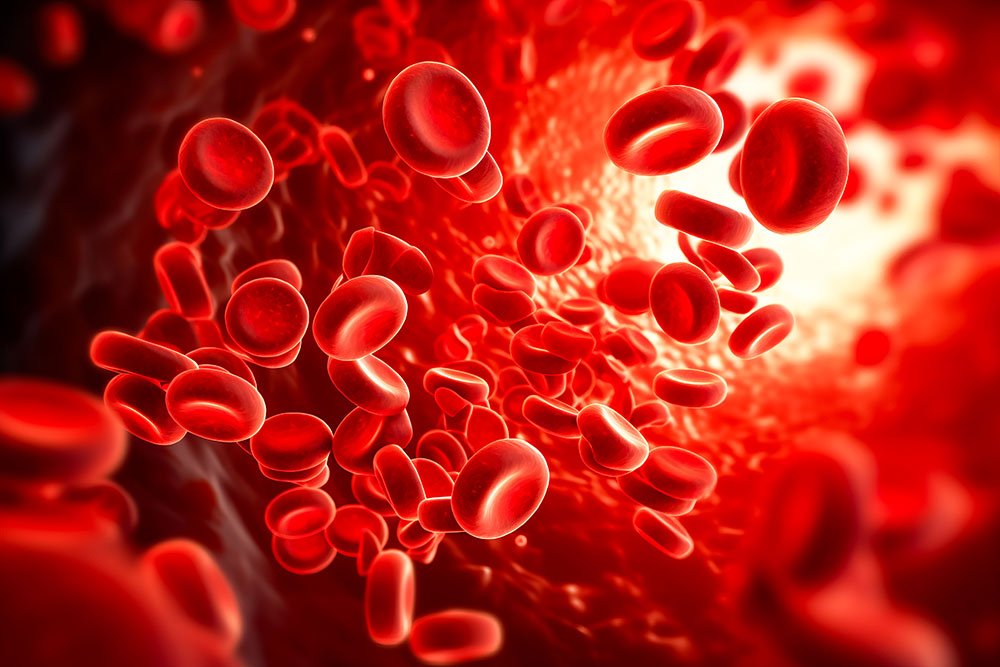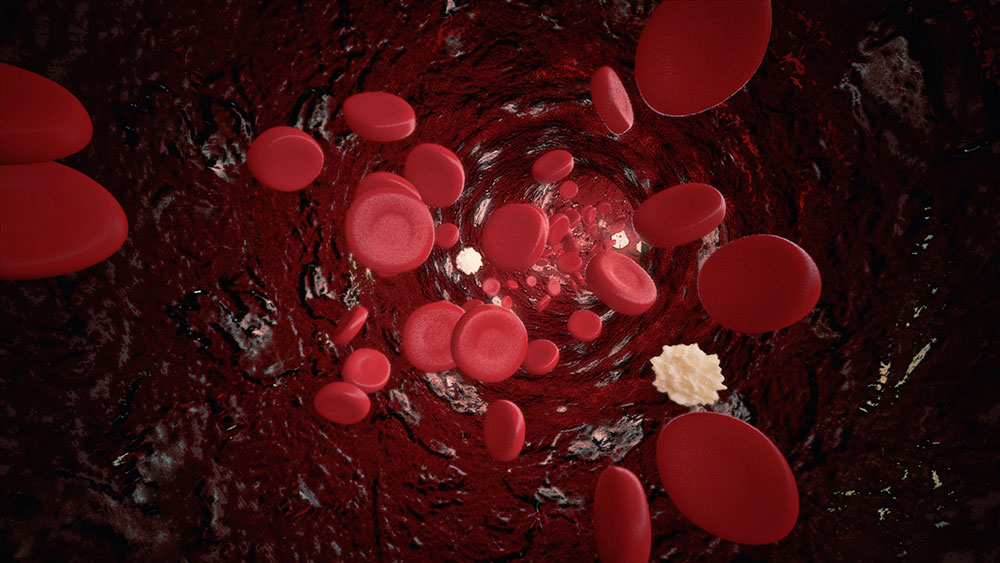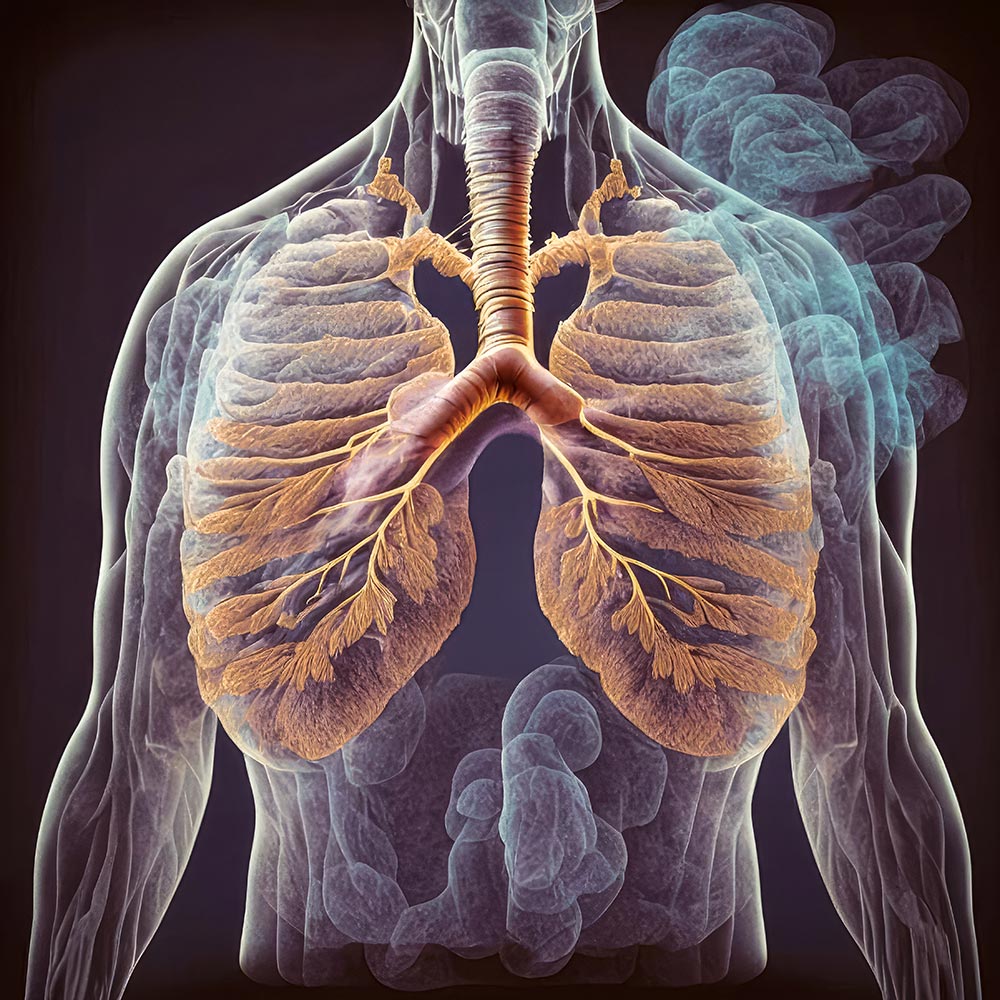
In the quest for longevity and well-being, we often overlook the critical role of our respiratory system, particularly the health of our bronchi. These vital airways play a crucial role in ensuring the smooth passage of air to and from the lungs, facilitating the exchange of oxygen and carbon dioxide essential for sustaining life. Emerging research underscores a profound connection between bronchus health and longevity, shedding light on the importance of nurturing our respiratory well-being for a longer, healthier life.
기관지 건강과 장수의 연관성: 생명의 호흡에 대한 이해
장수와 웰빙을 추구하는 과정에서 우리는 호흡기계의 중요한 역할, 특히 기관지의 건강을 간과하는 경우가 많습니다. 이러한 중요한 기도는 폐로 공기가 원활하게 통과하도록 보장하고 생명 유지에 필수적인 산소와 이산화탄소의 교환을 촉진하는 데 중요한 역할을 합니다. 새로운 연구는 기관지 건강과 장수 사이의 심오한 연관성을 강조하며, 더 길고 건강한 삶을 위해 호흡 복지를 육성하는 것의 중요성을 조명합니다.
The Anatomy of the Bronchi: Gateways to Vitality
Before delving into the relationship between bronchus health and longevity, it is essential to grasp the anatomy and function of these pivotal air passages. The bronchi are the primary conduits through which air travels from the trachea into the lungs. They branch off from the trachea, further dividing into smaller tubes known as bronchioles, which ultimately terminate in tiny air sacs called alveoli. This intricate network facilitates the exchange of gases, enabling oxygen to enter the bloodstream while expelling carbon dioxide.
기관지의 해부학: 활력의 관문
기관지 건강과 장수 사이의 관계를 탐구하기 전에, 이러한 중추적인 공기 통로의 해부학적 구조와 기능을 이해하는 것이 필수적입니다. 기관지는 공기가 기관에서 폐로 이동하는 주요 도관입니다. 그들은 기관에서 갈라져 세기관지라고 알려진 더 작은 관으로 더 나뉘며, 궁극적으로 폐포라고 불리는 작은 기낭에서 끝납니다. 이 복잡한 네트워크는 가스 교환을 촉진하여 이산화탄소를 배출하는 동시에 산소가 혈류로 들어갈 수 있도록 합니다.
Bronchial Health: A Barometer of Longevity
Studies have illuminated a compelling association between bronchus health and longevity. Chronic respiratory conditions, such as asthma, chronic obstructive pulmonary disease (COPD), and bronchitis, not only compromise respiratory function but also pose significant risks to overall health and longevity. Individuals afflicted with these conditions often experience reduced lung capacity, impaired oxygenation, and heightened susceptibility to respiratory infections, exacerbating their risk of mortality.
기관지 건강: 장수의 바로미터
연구에 따르면 기관지 건강과 장수 사이의 강력한 연관성이 밝혀졌습니다. 천식, 만성 폐쇄성 폐질환(COPD), 기관지염과 같은 만성 호흡기 질환은 호흡 기능을 손상시킬 뿐만 아니라 전반적인 건강과 수명에 심각한 위험을 초래합니다. 이러한 질환을 앓고 있는 개인은 종종 폐활량 감소, 산소 공급 장애, 호흡기 감염에 대한 민감성 증가를 경험하여 사망 위험을 악화시킵니다.
또한 대기오염, 담배연기, 산업재해 등의 환경적 요인은 기관지 건강에 상당한 피해를 주어 노화를 가속화하고 기대수명을 단축시킬 수 있습니다. 공기 중 오염 물질 및 독성 물질에 장기간 노출되면 기관지 내 염증, 산화 스트레스 및 조직 손상이 유발되어 호흡기 질환이 발생하고 전반적인 건강이 손상될 수 있습니다.
Moreover, environmental factors, including air pollution, tobacco smoke, and occupational hazards, can inflict considerable damage on bronchial health, accelerating the aging process and diminishing life expectancy. Prolonged exposure to airborne pollutants and toxic substances can trigger inflammation, oxidative stress, and tissue damage within the bronchi, paving the way for respiratory ailments and compromising overall health.
또한 대기오염, 담배연기, 산업재해 등의 환경적 요인은 기관지 건강에 상당한 피해를 주어 노화를 가속화하고 기대수명을 단축시킬 수 있습니다. 공기 중 오염 물질 및 독성 물질에 장기간 노출되면 기관지 내 염증, 산화 스트레스 및 조직 손상이 유발되어 호흡기 질환이 발생하고 전반적인 건강이 손상될 수 있습니다.
Nurturing Bronchial Wellness: Strategies for Longevity
Given the pivotal role of bronchial health in longevity, adopting proactive measures to safeguard respiratory well-being is paramount. Embracing a lifestyle characterized by regular exercise, a balanced diet, and avoidance of respiratory irritants can fortify bronchial resilience and enhance overall longevity. Engaging in aerobic activities strengthens respiratory muscles, improves lung function, and promotes optimal oxygenation, thereby bolstering bronchial health and vitality.
Furthermore, prioritizing indoor air quality by minimizing exposure to indoor pollutants, investing in air purifiers, and ensuring adequate ventilation can mitigate respiratory risks and foster a healthier living environment. Smoking cessation initiatives, coupled with public health campaigns aimed at raising awareness of the deleterious effects of tobacco smoke, are instrumental in curbing bronchial diseases and promoting longevity on a societal level.
기관지 건강 증진: 장수를 위한 전략
장수에 있어 기관지 건강의 중추적인 역할을 고려할 때, 호흡기 건강을 보호하기 위한 사전 조치를 취하는 것이 무엇보다 중요합니다. 규칙적인 운동, 균형 잡힌 식단, 호흡기 자극 물질을 피하는 등의 생활 방식을 수용하면 기관지 탄력성을 강화하고 전반적인 수명을 연장할 수 있습니다. 유산소 활동을 하면 호흡 근육이 강화되고, 폐 기능이 향상되며, 최적의 산소 공급이 촉진되어 기관지 건강과 활력이 강화됩니다.
또한 실내 오염 물질에 대한 노출을 최소화하고 공기 청정기에 투자하며 적절한 환기를 보장하여 실내 공기 질을 우선시하면 호흡기 위험을 완화하고 건강한 생활 환경을 조성할 수 있습니다. 담배 연기의 해로운 영향에 대한 인식을 제고하기 위한 공중 보건 캠페인과 결합된 금연 계획은 기관지 질환을 억제하고 사회적 차원에서 장수를 촉진하는 데 중요한 역할을 합니다.
Breathing Life into Longevity
In conclusion, the relationship between bronchus health and longevity is undeniable, underscoring the profound impact of respiratory well-being on overall vitality and lifespan. By cultivating a lifestyle conducive to optimal bronchial health and implementing preventive measures to mitigate respiratory risks, individuals can enhance their prospects for a longer, healthier life. Moreover, concerted efforts at the societal level, including environmental conservation and public health interventions, are imperative in safeguarding bronchial wellness and fostering longevity for generations to come.
장수에 생명을 불어넣다
결론적으로, 기관지 건강과 장수 사이의 관계는 부인할 수 없으며, 이는 호흡기 복지가 전반적인 활력과 수명에 미치는 중대한 영향을 강조합니다. 최적의 기관지 건강에 도움이 되는 생활방식을 기르고 호흡기 위험을 완화하기 위한 예방 조치를 시행함으로써 개인은 더 길고 건강한 삶에 대한 전망을 높일 수 있습니다. 더욱이 기관지의 건강을 보호하고 다음 세대의 장수를 촉진하려면 환경 보존과 공중 보건 개입을 포함한 사회 차원의 공동 노력이 필수적입니다.
References:
- Celli, B. R., MacNee, W., & Agusti, A. (2011). Standards for the diagnosis and treatment of patients with COPD: a summary of the ATS/ERS position paper. European Respiratory Journal, 37(5), 1137-1148.
- Lee, A. G., & Brenner, B. E. (2005). The pharmacologic management of chronic obstructive pulmonary disease. Mount Sinai Journal of Medicine: A Journal of Translational and Personalized Medicine, 72(2), 91-104.
- Martinez, F. J., Rabe, K. F., Calverley, P. M., Fabbri, L. M., & Sethi, S. (2015). Determinants of response to roflumilast in severe chronic obstructive pulmonary disease. Pulmonary Pharmacology & Therapeutics, 32, 148-154.
- Lange, P., Celli, B., Agustí, A., Boje Jensen, G., Divo, M., & Faner, R. (2015). Lung-function trajectories leading to chronic obstructive pulmonary disease. New England Journal of Medicine, 373(2), 111-122.
- World Health Organization. (2021). Air pollution. Retrieved from https://www.who.int/health-topics/air-pollution#tab=tab_1
- National Institute of Environmental Health Sciences. (2021). Air pollution and respiratory health. Retrieved from https://www.niehs.nih.gov/health/topics/agents/air-pollution/index.cfm
- American Lung Association. (2021). Lung health and diseases. Retrieved from https://www.lung.org/lung-health-and-diseases


